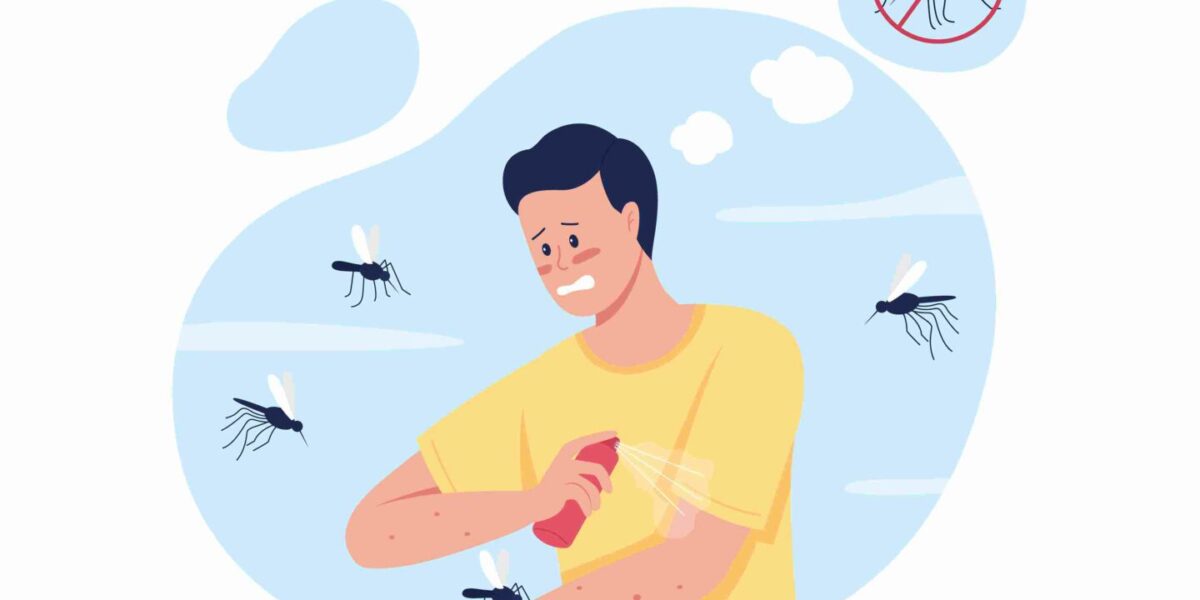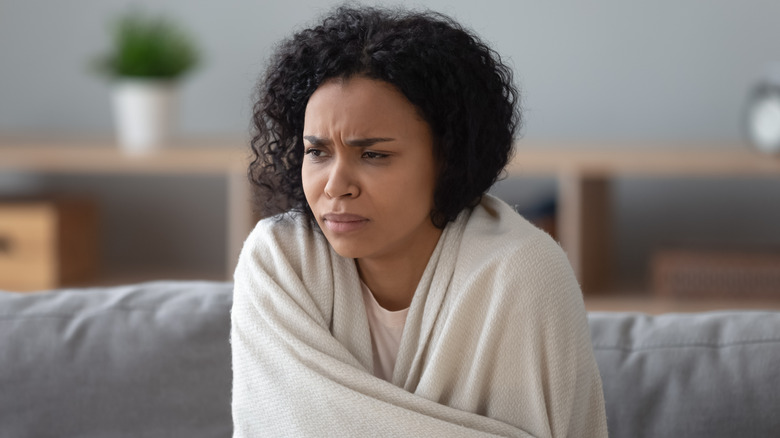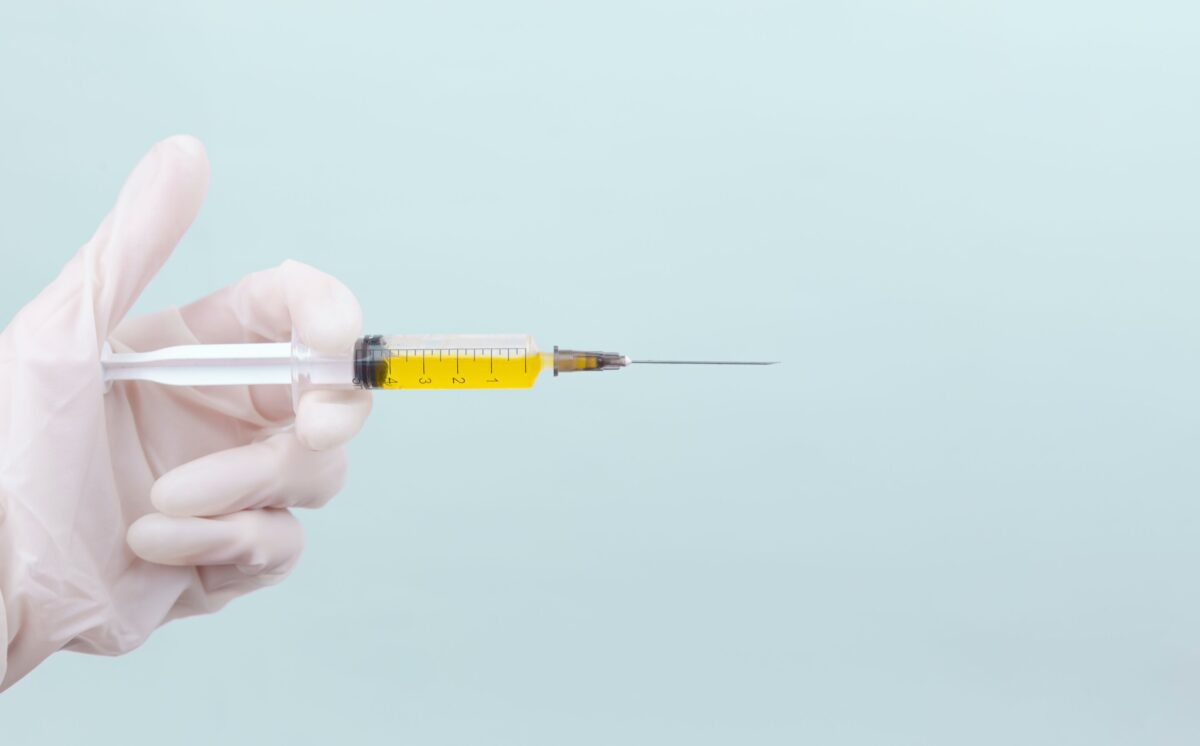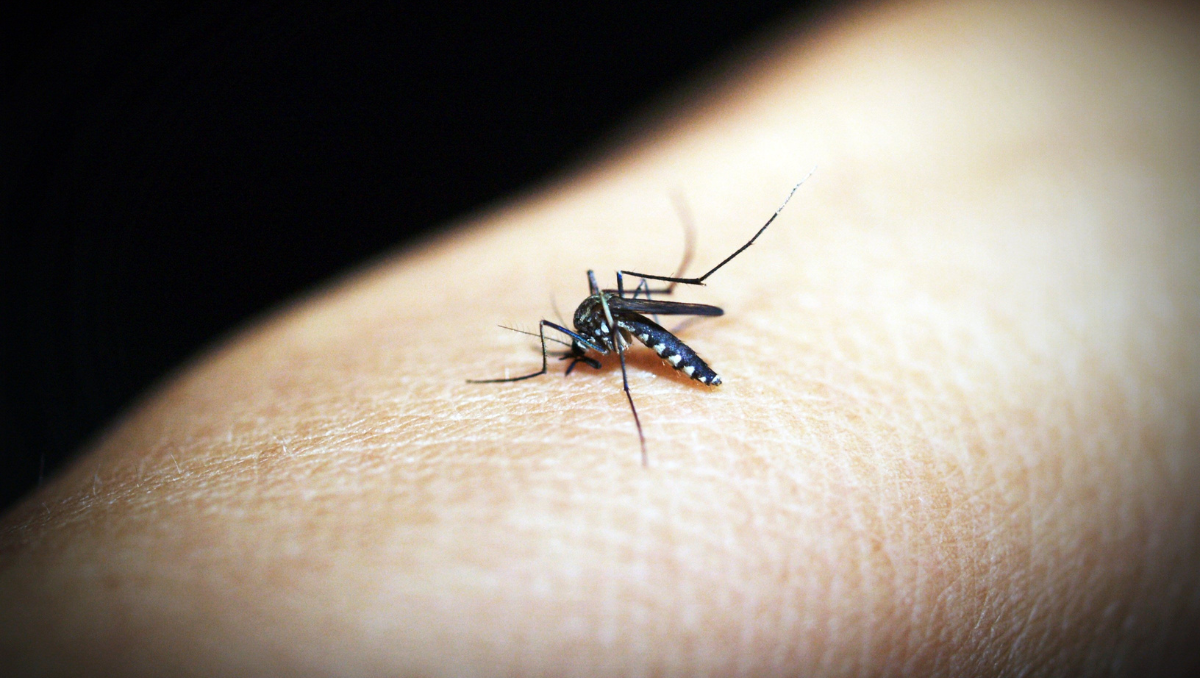Malaria has been a threat to the world for a long time. Africa shares the majority of the burdens. 95% of the cases in Africa result in death. Much of the percentage is of children’s death. In the Southeast Asia Region, India accounts for 79% of malaria cases and 83% of malaria-related deaths.

What is Malaria?
Malaria is a life-threatening mosquito-borne disease caused by a parasite. There are five parasite species responsible for causing malaria in humans. Two of them, Plasmodium vivax and Plasmodium falciparum, are more dangerous. They cause the most complications and deaths in the affected population.

Symptoms Of Malaria:
- Lethargy and extreme weakness
- Altered consciousness
- Difficulty in breathing
- Jaundice
- Abdominal pain and bleeding
- Headache
- Fever and chills
- Muscle and joint pain
Affected individuals remain in a continuous state of discomfort. Patients might go through cycles of symptoms, like periods of chills followed by fever and followed by sweating.
Risk factors:
- Living in endemic areas, like tropical and subtropical regions
- Young and older generations are more vulnerable
- People travelling to malaria-affected areas
- Pregnant women
Steps to Prevent Malaria
- Wear long-sleeved shirts and full pants
- Use mosquito repellant
- Sleep under a mosquito net
- Don’t travel to endemic areas in peak season
- Get vaccinated
What is a vaccine?
The vaccine is a suspension of weakened, killed, or fragmented microorganisms or their toxins or other biological preparations, such as antibodies, lymphocytes, or messenger RNA (mRNA), administered primarily to prevent the disease.
A vaccine can provide active immunity against a specific harmful agent by stimulating the host immune system to attack the agent.
A vaccine may also provide passive immunity by releasing antibodies or lymphocytes extracted from an animal or human donor.
Doctors prefer injection administration of the vaccine in most cases (parenteral administration), but sometimes, they are given orally or even nasally (in the case of flu vaccine). Vaccines can also be applied to mucosal surfaces, such as those lining the oral cavity or nasal passages, where they are readily absorbed.
New malaria vaccine

The Serum Institute of India and the University of Oxford have developed a new malaria vaccine, the R21/Matrix-M. This vaccine has been developed by making use of the Novavax’s adjuvant technology. After a detailed scientific review by the WHO body, the Strategic Advisory Group of Experts (SAGE) and the Malaria Policy Advisory Group (MPAG), the R21/Matrix-M malaria vaccine is now available for the public. World Health Organisation (WHO) has conducted a thorough review of the required safety, quality and effectiveness of the vaccine.
The Pune-based SII holds the license to the vaccine. The Serum Institute of India has decided to produce 100 million doses per annum. The amount will double over the next year.
This vaccine is the WHO-approved second vaccine for malaria prevention. At the start, the vaccine will be used in Ghana, Nigeria and Burkina Faso. Experts are saying that this vaccine is easily deployable, cost-effective and affordable. We are ready to distribute it in areas where it is needed most. This vaccine carries the potential to save hundreds of thousands of lives a year.
We have been suffering badly from malaria. With this vaccine, we have a hope to defeat malaria. It is an important step towards a malaria-free world we all aspire to make. We are looking forward to the miracles this vaccine might create. It is going to be a long fight but together we will prevail. Our scientists are working hard for us, so, it’s our collective duty to take small and careful steps to prevent malaria. Stay updated and educated.
Fight against Malaria.



